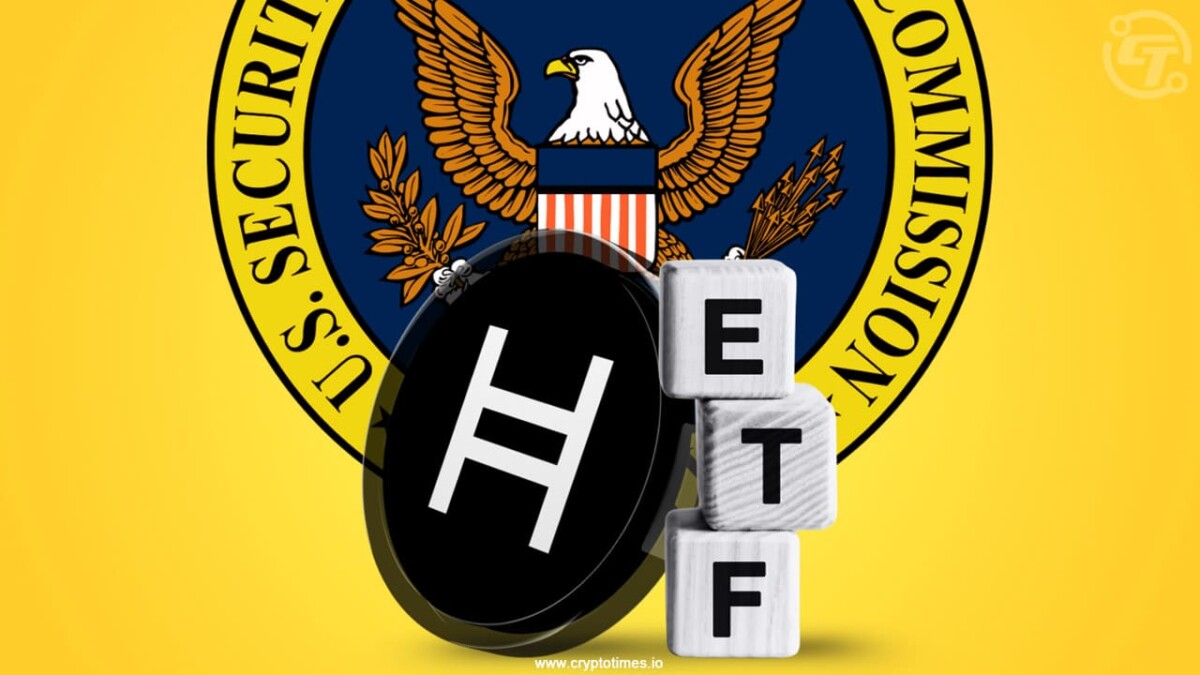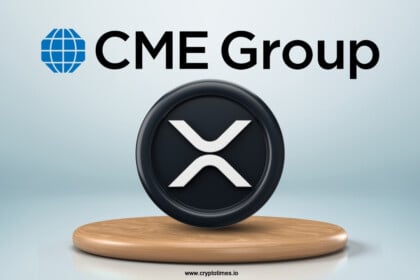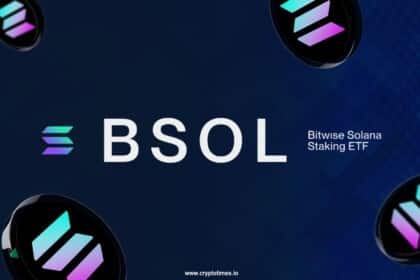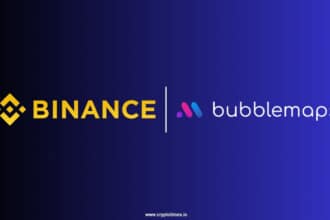After months of back-and-forth, the SEC has once again delayed its verdict on the proposed Canary HBAR ETF, granting itself until November 8, 2025 to make a final call.
The original request, submitted by Nasdaq back in February, aimed to launch the ETF under its commodity-based trust rulebook, specifically Rule 5711(d). A revised version landed in March, scrapping the first draft and restarting the process. That amendment was then published for public comment just days later, igniting interest and scrutiny from all corners of the crypto market.
After multiple review phases, including a prior extension in April and formal proceedings initiated in June, the Commission is now using its authority under Section 19(b)(2) of the Securities Exchange Act to take more time to analyze the application.
This latest delay means the SEC will now decide by November 8 whether to approve or reject the proposal, marking the maximum allowable extension under current regulations. The agency cited the need for “sufficient time” to assess the details and public comments submitted on the proposed listing.
Broader implications for crypto ETFs
If approved, the Canary HBAR ETF would be one of the first Hedera Hashgraph (HBAR)-linked exchange-traded funds to trade on a U.S. exchange, joining the broader wave of crypto-based ETF applications awaiting regulatory clarity. What happens next could ripple far beyond Hedera. If the SEC greenlights this product, it might set a precedent for how other non-Bitcoin, non-Ethereum ETFs are handled moving forward.
But for now, the Canary application sits on the same regulatory conveyor belt as other stalled filings. From Grayscale’s Ethereum Trust to VanEck’s Solana pitch, the agency’s logjam of crypto ETF proposals continues to grow, fueling frustration across the digital asset industry.
The SEC’s latest extension doesn’t just delay a decision, it extends uncertainty for altcoin-linked financial products trying to break into public markets. With Bitcoin and Ethereum slowly carving out institutional lanes, tokens like HBAR remain in regulatory limbo.
Canary’s case now represents something bigger: a stress test for how open U.S. regulators truly are to letting the next tier of crypto assets access traditional finance. Whether it gets approved, or buried under bureaucracy, will say a lot about where the lines are being drawn.
Also Read: SEC delays Grayscale Ethereum Trust ETF decision again











